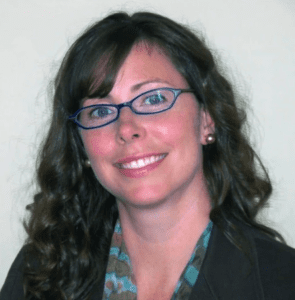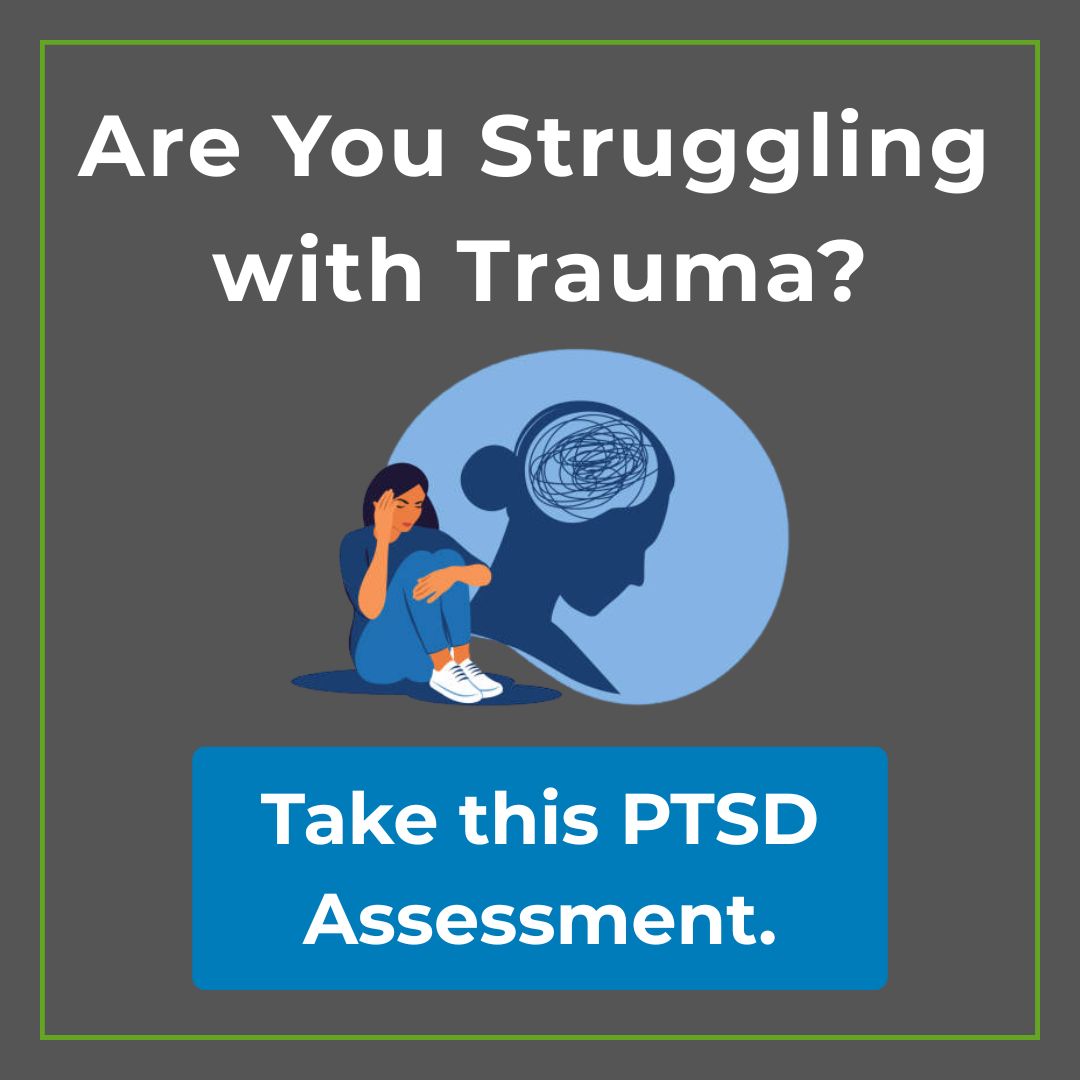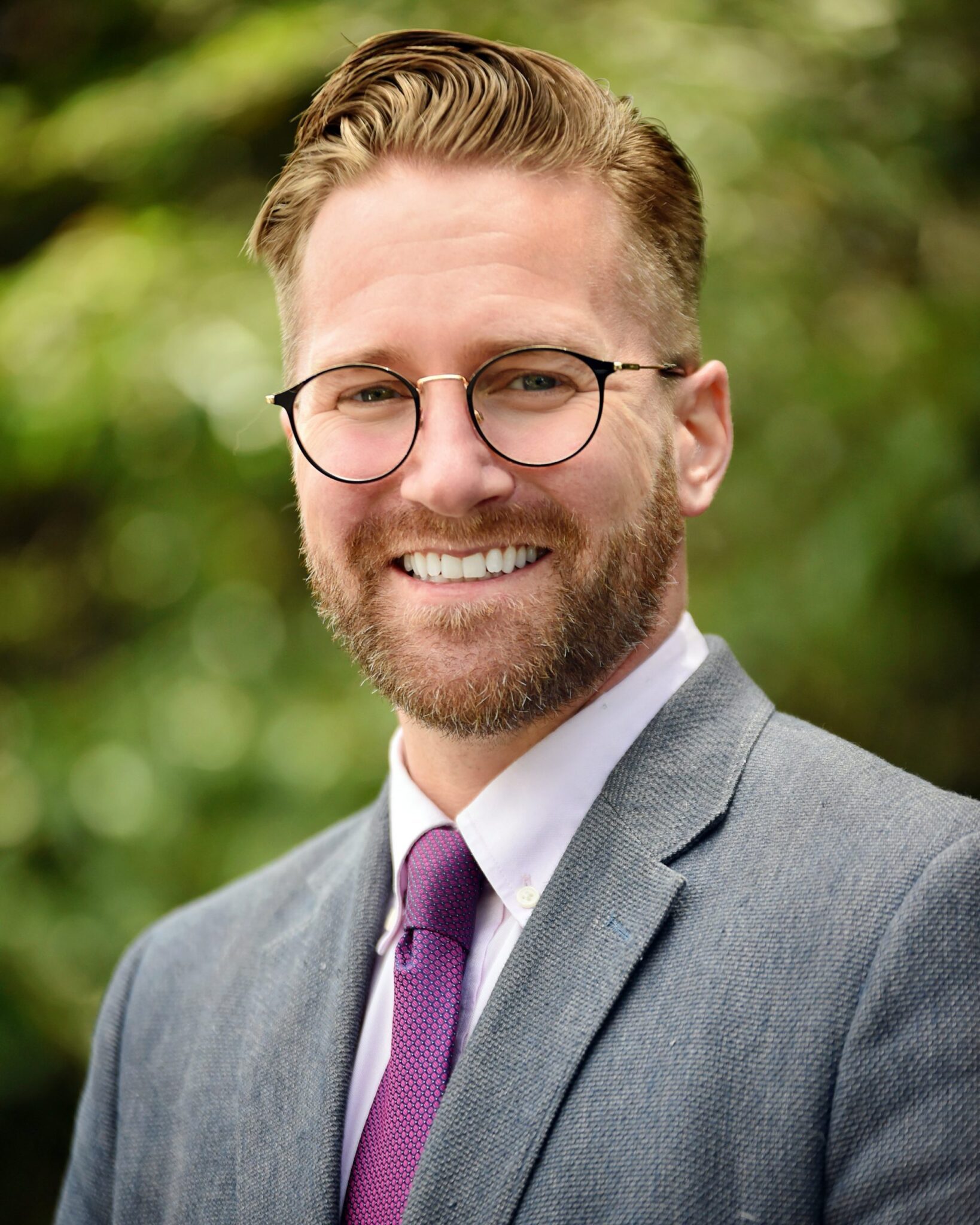1.5 CEU Webinar on Trauma Treatment
Trauma can leave lasting imprints that don’t always respond to treatment. Join us on Thursday, August 28th, for a powerful webinar exploring why trauma recovery stalls. You’ll gain insight into the personal, neurobiological, and systemic factors that make recovery complex. Through a nervous system-informed lens and therapy approaches, you’ll learn interventions to help meet your clients’ needs.
Whether you’re an experienced clinician or just building your trauma-informed practice, this webinar will provide tools to deepen your understanding and elevate your work. It’s an opportunity to earn 1.5 free CEs for mental health clinicians, sharpen your clinical insight, and walk away with actionable strategies you can use immediately.
Topic: When Trauma Recovery Stalls, What’s Next?
Date: Thursday, August 28, 2025
Time: 10:00 AM to 11:30 AM (PST)
Learning Objectives
- Describe trauma’s long-term effects, especially the impact of trauma on the nervous system
- Explain strategies for collaborative engagement and trauma-informed stabilization.
- Describe different therapy modalities that conceptualize and work with unprocessed trauma.
Register here to watch the recording
Once you register, you will receive the password and link for the recording of the webinar.
Presented By:
Kelly L. Callahan, PhD, LCP
Dr. Callahan’s training includes an internship at The National Center for PTSD at Dartmouth Medical School and post-doctoral fellowship at the Victims of Violence Program at Harvard Medical School, and currently provides consultation and lectures on treating trauma. Click here for more.
Sara Drotman, PsyD
Dr. Drotman is the Director of Training and Education at Mind Therapy Clinic and specializes in evidence-based treatments for trauma, depression, and anxiety. Click here for more on Dr. Drotman.
Continuing Education
Information on Continuing Education Credit for Health Professionals
• CE credits for psychologists are provided by the Spiritual Competency Academy (SCA) which is co-sponsoring this program. The Spiritual Competency Academy is approved by the American Psychological Association to sponsor continuing education for psychologists. Spiritual Competency Academy maintains responsibility for this program and its content.
• The California Board of Behavioral Sciences accepts CE credits for LCSW, LPCC, LEP, and LMFT license renewal for programs offered by approved sponsors of CE by the American Psychological Association.
• LCSW, LPCC, LEP, and LMFTs, and other mental health professionals from states other than California need to check with their state licensing board as to whether or not they accept programs offered by approved sponsors of CE by the American Psychological Association.
• SCA is approved by the California Board of Registered Nursing Provider CEP16887) for licensed nurses in California. RNs must retain their certificate of attendance for 4 years after the course concludes.
•For questions about receiving your Certificate of Attendance, contact Jacqueline Perlmutter, Mind Therapy Clinic. For questions about CE, contact Spiritual Competency Academy at info@spiritualcompetencyacademy.com.
Learn More
If you’d like to learn more about trauma treatment, we have resources summarizing information from the webinar listed below.








